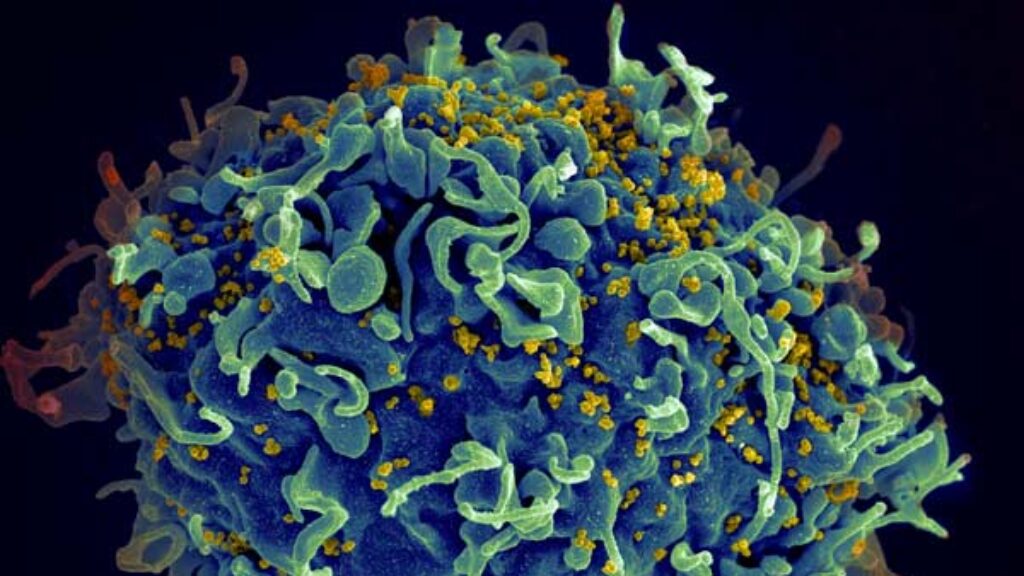Despite multiple failures in the past, HIV researchers are hopeful about a new strategy to develop an effective vaccine. This strategy involves teaching the immune system to produce powerful and protective antibodies through exposure to different vaccine molecules. Studies in mice and monkeys have shown promising results in guiding immune cells to produce antibodies that block a broad range of viral strains. While there are challenges, including the rarity of B cells that can produce broadly neutralizing antibodies, the results are encouraging. If successful, this new approach could lead to a transformative HIV vaccine and also have implications for other infectious diseases and immunotherapy for cancer.
Source link
HIV vaccine remains elusive. Immunologists keep trying new ideas
